Filter by
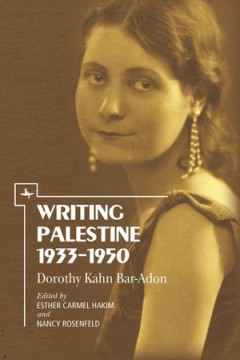
Writing Palestine 1933-1950
From her immigration to Mandatory Palestine in 1933 until her death in 1950 American-born Dorothy Kahn Bar-Adon worked as a reporter for The Palestine Post (later The Jerusalem Post), while freelancing for periodicals in Palestine and abroad. Bar-Adon covered life in towns, kibbutzim and Arab communities of Mandatory Palestine during this period of World War, armed conflict between Arabs and Je…
- Edition
- -
- ISBN/ISSN
- 9781618114969
- Collation
- -
- Series Title
- -
- Call Number
- -
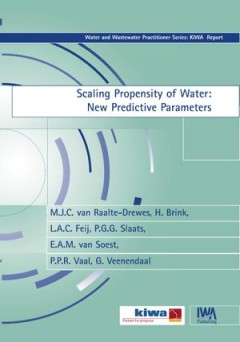
Perspectives on European Earthquake Engineering and Seismology: Volume 1
Civil Engineering; Natural Hazards; Geotechnical Engineering & Applied Earth Sciences Industry Sec; 2ECEES; Earthquake Engineering; Performance Based Design and Earthquake Engineering; Irregular Buildings and Earthquakes; Historical Structures and Earthquakes; Precast Buildings and Earthquakes; Bridge Design and Earthquakes
- Edition
- -
- ISBN/ISSN
- 9783319727899
- Collation
- -
- Series Title
- -
- Call Number
- -
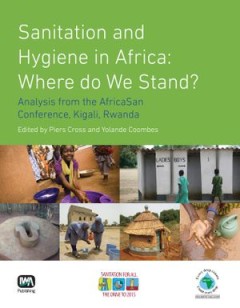
The Persistence of Technology: Histories of Repair, Reuse and Disposal
Repair, reuse and disposal are closely interlinked phenomena related to the service lives and persistence of technologies. When technical artefacts become old and worn out, decisions have to be taken: is it necessary, worthwhile or even possible to maintain and repair, reuse or dismantle them - or must they be discarded? These decisions depend on factors such as the availability of second-hand …
- Edition
- -
- ISBN/ISSN
- 9783839447413
- Collation
- -
- Series Title
- -
- Call Number
- -
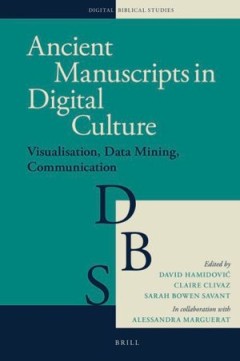
Ancient Manuscripts in Digital Culture Ancient Manuscripts in Digital Culture
Ancient Manuscripts in Digital Culture presents an overview of the digital turn in Ancient Jewish and Christian manuscripts visualisation, data mining and communication. Edited by David Hamidović, Claire Clivaz and Sarah Bowen Savant, it gathers together the contributions of seventeen scholars involved in Biblical, Early Jewish and Christian studies. The volume attests to the spreading of digi…
- Edition
- -
- ISBN/ISSN
- 9789004399297
- Collation
- -
- Series Title
- -
- Call Number
- -
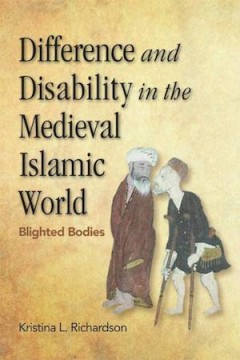
Difference and Disability in the Medieval Islamic World Blighted Bodies D…
Medieval Arab notions of physical difference can feel singularly arresting for modern audiences. Did you know that blue eyes, baldness, bad breath and boils were all considered bodily ‘blights', as were cross eyes, lameness and deafness? What assumptions about bodies influenced this particular vision of physical difference? How did blighted people view their own bodies? Through close anal…
- Edition
- -
- ISBN/ISSN
- 9780748645077
- Collation
- -
- Series Title
- -
- Call Number
- -
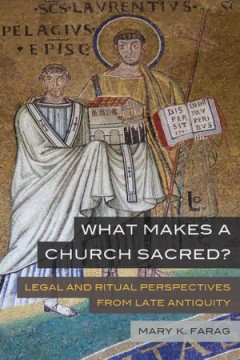
What Makes a Church Sacred? Legal and Ritual Perspectives from Late Antiquity
Description What is the purpose of a church? Who owns a church? Mary K. Farag persuasively demonstrates that three groups in late antiquity were concerned with these questions: Christian leaders, wealthy laypersons, and lawmakers. Conflicting answers usually coexisted, but from time to time they clashed and caused significant tension. In these disputes, juridical regulations and opinions mat…
- Edition
- -
- ISBN/ISSN
- 9780520382015
- Collation
- -
- Series Title
- -
- Call Number
- -
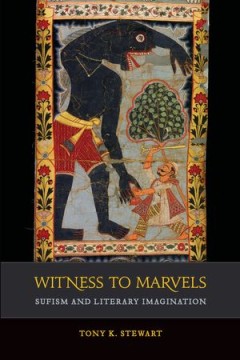
Witness to Marvels
Witness to Marvels traces the development of a unique genre of Sufi-inspired Bengali romances called pir kathas, whose protagonists and plots are wholly fictive. For five centuries these fabulations have parodied indigenous and Hindu textual traditions. Both mimicking and mocking, these parodies adopted a subjunctive tone, exploring a magical world of ‘what-if’. They created an Islam-inflec…
- Edition
- -
- ISBN/ISSN
- 9780520973688
- Collation
- -
- Series Title
- -
- Call Number
- -
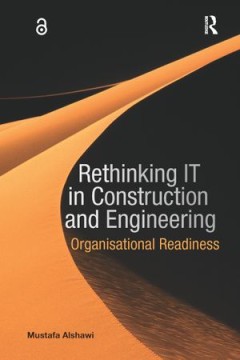
Past and Present Energy Societies: How Energy Connects Politics, Technologies…
Abundant, salutary, problematic – energy makes history. As a symbol, resource and consumer good, it shapes technologies, politics, societies and cultural world views. Focussing on a range of energy types, from electricity and oil to bioenergy, this volume analyzes the social, cultural and political concepts and discourses of energy and their implementation and materialization within tech…
- Edition
- -
- ISBN/ISSN
- 9783837619645
- Collation
- -
- Series Title
- -
- Call Number
- -
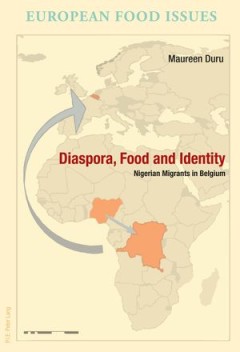
Diaspora, Food and Identity Nigerian Migrants in Belgium
This book examines the connection between food and identity in the Nigerian diaspora community in Belgium. Encounters between people from different cultures do not lead to a simple adaptation of the diet, but usually give rise to some kind of fusion of new and indigenous food habits.The author questions the relationship between what Nigerian migrants in the diaspora eat, their self-perception a…
- Edition
- -
- ISBN/ISSN
- 9782807602113
- Collation
- -
- Series Title
- -
- Call Number
- -
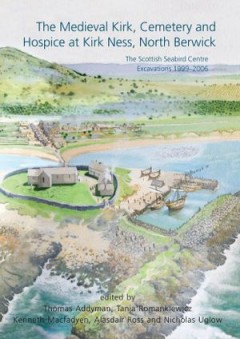
The Medieval Kirk, Cemetery and Hospice at Kirk Ness, North Berwick
Between 1999-2006 Addyman Archaeology carried out extensive archaeological excavations on the peninsular site of Kirk Ness, North Berwick, during the building, landscaping and extension of the Scottish Seabird Centre. This book presents the results of these works but its scope is much broader. Against the background of important new discoveries made at the site it brings together and re-examine…
- Edition
- -
- ISBN/ISSN
- 9780000000906
- Collation
- -
- Series Title
- -
- Call Number
- -
 Computer Science, Information & General Works
Computer Science, Information & General Works  Philosophy & Psychology
Philosophy & Psychology  Religion
Religion  Social Sciences
Social Sciences  Language
Language  Pure Science
Pure Science  Applied Sciences
Applied Sciences  Art & Recreation
Art & Recreation  Literature
Literature  History & Geography
History & Geography